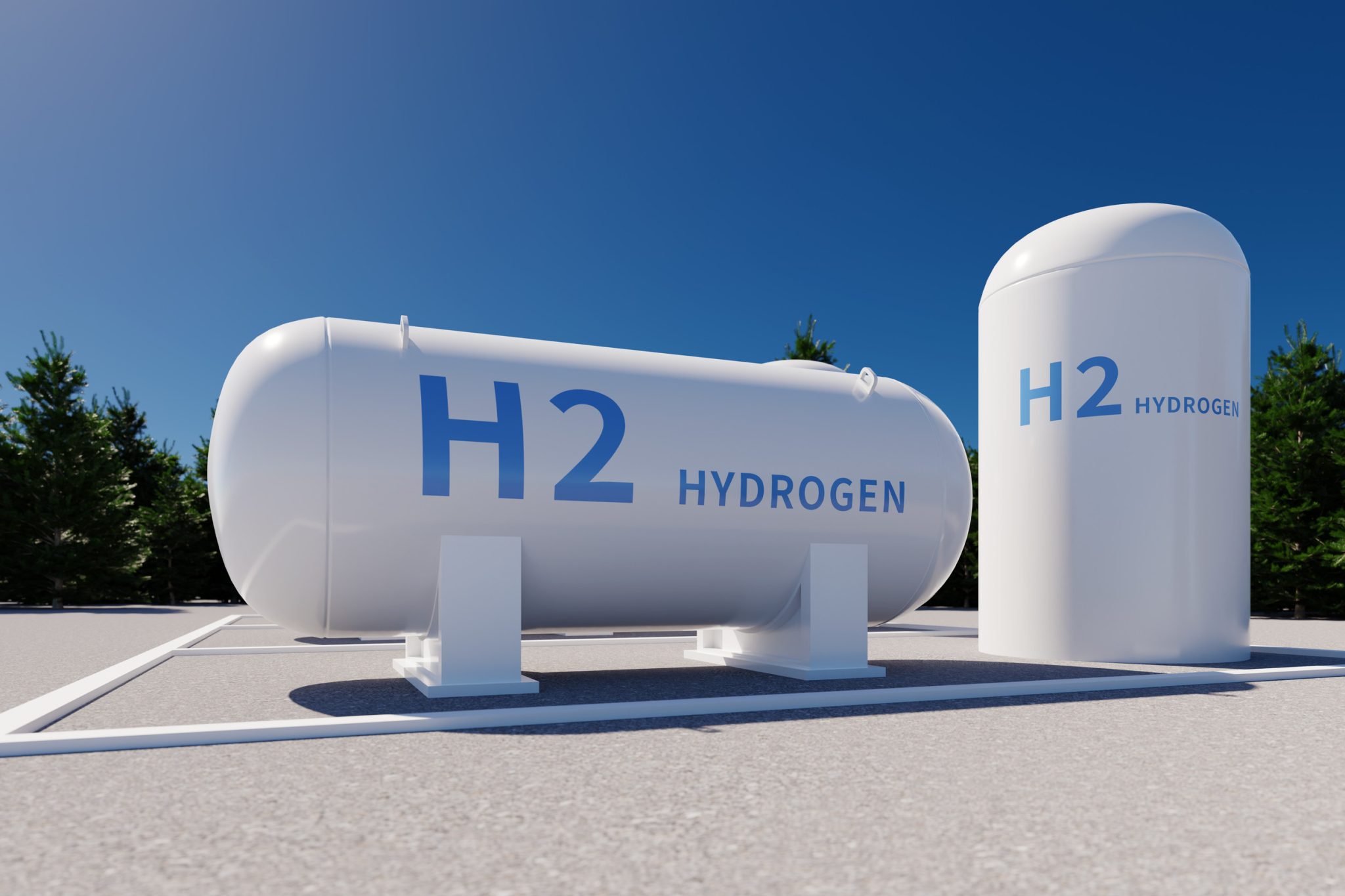Organic waste such as yard trimmings, paper, wood and food produces millions of tons of methane emissions at landfills every year in the U.S., but it could produce renewable natural gas and liquid fuels such as gasoline and diesel, according to a study led by Uisung Lee of the Department of Energy’s (DOE) Argonne National Laboratory. His paper, published in the Journal of Cleaner Production, helps assess the environmental benefits of various waste-to-energy production pathways while avoiding emissions of methane and other harmful air pollutants.

Trash to treasure: The benefits of waste-to-energy technologies
More of Today's Solutions
Why becoming a regular is good for your mental health and happiness
BY THE OPTIMIST DAILY EDITORIAL TEAM In a culture that celebrates new restaurants, new workouts, new experiences, anything novel, there is something subtle yet ...
Read MoreHydrogenXT secures $900 million to launch 10 zero-carbon hydrogen hubs across...
BY THE OPTMIST DAILY EDITORIAL TEAM In a sign of how quickly the clean energy landscape is evolving, HydrogenXT has secured a $900 million ...
Read MoreThe case for shifting to a four-day workweek for post-pandemic life
At The Optimist Daily, we’re putting a lot of focus on what the world can do after the pandemic to create a healthier, more ...
Read MoreEuropean cities get funding to transform streets with art
A number of European communities will soon have the opportunity to give their roads a little creative flair. The Asphalt Art Initiative Nineteen European ...
Read More








